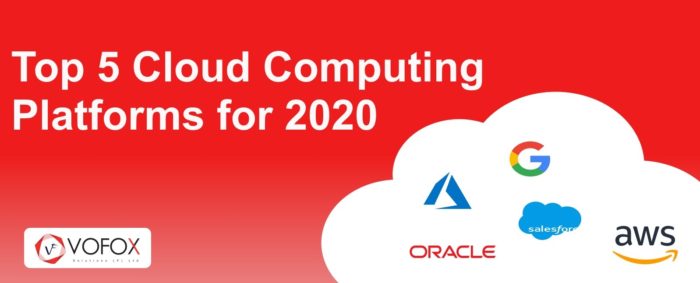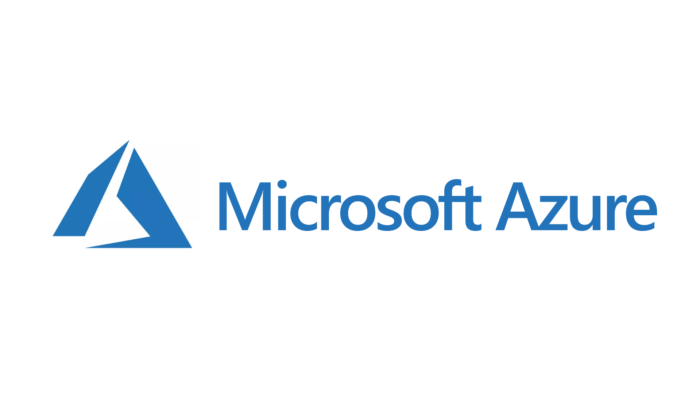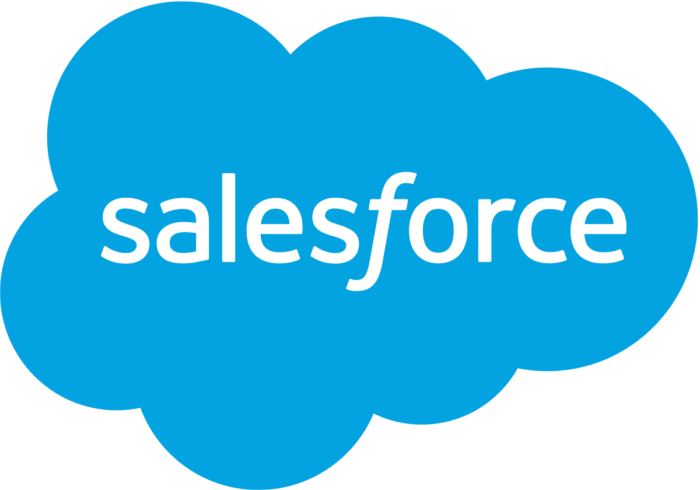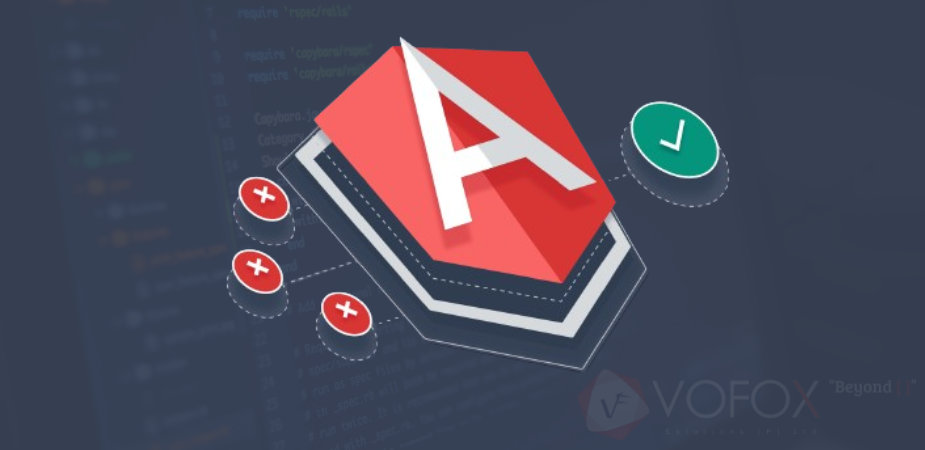- January 04, 2020 9:51 am
- by Manek
- January 04, 2020 9:51 am
- by Manek

While the concept of Cloud Computing started way back in 1960, it became trending in the technology realm only a few years back. Cloud computing provides enterprises the added advantage to rapidly deliver computing resources without investing more in IT infrastructure. These include maintenance costs, cooling requirements, hardware upgrades, space requirements, and resources.
Today, an increasing number of enterprises are choosing to migrate their infrastructure to the cloud. If you are among them, it’s the right time to migrate as it could help your enterprise to save a fair share of your expenditure on infrastructure.
Are you still confused about Cloud Migration? Many Software development companies can help you out and provide cloud migration services in a cost-effective way. Let’s closely analyze why you need these cloud platforms in the first place.
Cloud computing mainly involves three distinct models. The first one comes with an IaaS (Infrastructure as a Service) model that offers access to computing resources such as databases, operating systems, storage, and networking. In the IaaS model, you can deploy your applications within your vendor’s infrastructure. Popular vendors that provide IaaS services include Microsoft Azure, AWS, Google Cloud Platform, and Alibaba Cloud. Whereas in the PaaS(Platform as a Service) model you will get access to a cloud environment in which you can build, manage and deploy applications. Popular PaaS platforms include Google App Engine, AWS Elastic Beanstalk, Salesforce aPaaS, and Engine Yard.
SaaS (Software as a Service) comes as the final model in the cloud computing array. With the SaaS platform, you can access your vendor’s remote cloud to store, build, and analyze your data. Office 365, Google G Suite, and Salesforce are some examples of SaaS platforms.
Apart from these three models, there are even specialized PaaS services that include blockchain as a service (BaaS), data platform as a service (dPaaS), function as a service (FaaS), mobile backend as a service (mBaaS) as well as serverless computing.
In this blog post, we will list out the top 5 Cloud Computing Platforms for 2020.

AWS is a new trend in the arena of cloud computing and is one of the widely adopted cloud platforms. AWS provides more services than any other vendors – from infrastructure technologies like storage and databases–to more futuristic technologies, such as artificial intelligence, machine learning, deep learning (DL), data analytics and the Internet of Things.
By using AWS Elastic Beanstalk, you can rapidly deploy your application into the AWS platform.
With this platform, you can deploy and scale web apps that are built on PHP, .NET, Python, Go, Docker, and Ruby on a variety of servers such as Nginx, Apache, IIS, and Passenger. Apart from that, Elastic Beanstalk can handle load balancing, deployment, scaling and even application health monitoring.

Azure, Microsoft’s own cloud computing platform provides enterprise-level cloud services, including Platform as a Service (PaaS), Infrastructure as a Service (IaaS), and Software as a Service (SaaS) that can be used for services such as computing, storage, analytics, networking and much more. Imagine your entire server room hosted in the cloud, that’s what Azure is designed for.
Azure offers many useful services such as object storage, content delivery networks, and virtual machines. In addition to these services, it offers cloud-hosted versions of SQL Server and Active Directory.
Azure also provides you with a RemoteApp that will allow you to deploy windows program with clients on multiple operating systems via a remote desktop connection.
Google App Engine is a fully managed serverless application platform that supports any programming language, framework, or any library you want to use.
It was initially introduced at Google IO in May 2011. What’s more interesting about this platform is that it lets you build and run applications on Google’s infrastructure.
With this platform, developers can rapidly build and deploy applications using multiple programming languages such as Python, C#, Java, Go, Ruby, PHP, Node.js, or even .NET. And if that not enough, you can bring your own custom container such as Haskell, Elixir, Docker, etc. When you’re ready to deploy your apps to the cloud, you only need to run $ gcloud app deploy command. The app engine will take care of uploading your code and running it on google infrastructure. Apart from all these features, Google App Engine can seamlessly integrate with plenty of IDEs such as Visual Studio, Eclipse, and Intelli J. This can be highly beneficial for Java and .NET developers.

Oracle now offers its database and programming tools as an integrated public cloud architecture. Oracle Cloud Platform extends its services to Data Management, Application Development, and advanced analytics.
Developers can now leverage this platform to build and integrate applications along with the access to advanced tools that use analytics to build actionable insights for your business.
As we all are familiar with, Oracle never skims on the security of its products. This platform has built-in security features that ensure the highest security within the public cloud.

Salesforce is popularly known as one of the top SaaS CRM platforms but it also provides PaaS (Platform as a Service) for its customers. Salesforce PaaS provides you with the latest features without the hassle of constant updates and maintenance of on-premises hardware.
Salesforce aPaaS can efficiently handle the infrastructure, data integration, and security, this will enable developers to focus on building their apps faster.
Hope now you have a better understanding of Top 5 Cloud Computing Platforms for 2020.
Guaranteed Response within One Business Day!

How Much Does It Cost to Design an App?

Angular Best Practices For Web Applications

How to Set Up a Development Environment in React.JS?

What are the 6 Models Used In SDLC?

Why React Front-End Development is the Best